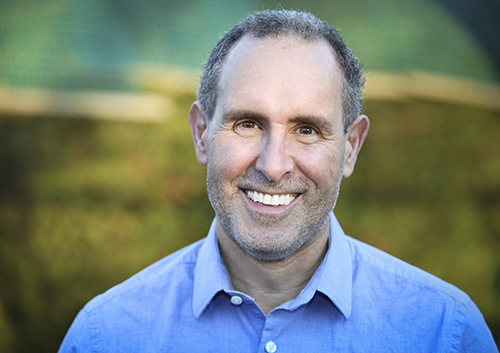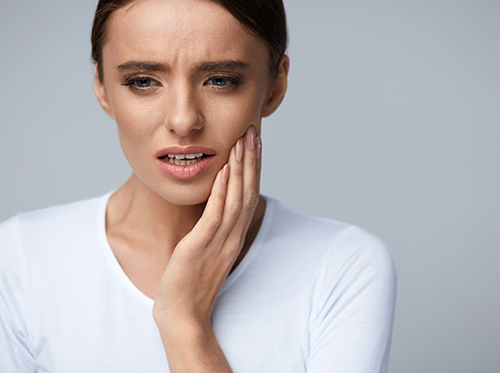How do I overcome my dental anxiety?
August 29th, 2019

Do you feel anxious before every dentist appointment? If the answer is yes, you are not alone—more than 75 percent of Americans feel anxious when visiting their dentist. Today, Dr. Robert Wortzel and our team thought we would provide some tips to reduce your stress about visiting our Mountainside, NJ office.
The first thing we want you to do is plan ahead. If at all possible, book an appointment at a time when you know you won’t be in a rush to get somewhere else, such as picking up your children from school or an important meeting at the office. We also recommend you avoid caffeine and sugar prior to your visit as too much of either can make you feel even more anxious, not to mention jittery.
Once you’re here at our office, take some slow, deep breaths to relax. Then, try to relax your muscles by sitting back comfortably. If you are still feeling anxious, let Dr. Robert Wortzel or someone on our team know. We deal with nervous patients all the time and may have additional relaxation techniques for you to try. If you’d like, we also encourage you to bring headphones and listen to music of your choice to distract yourself while we work on your teeth.
If you have additional questions about relaxation techniques, or would like to schedule an appointment, please give us a call!



